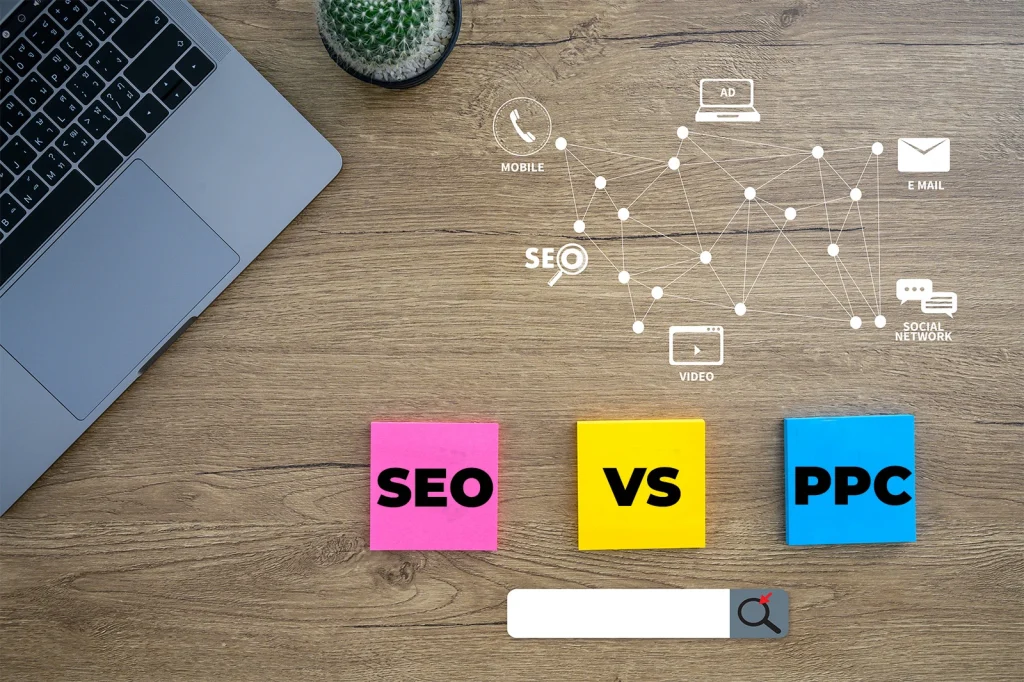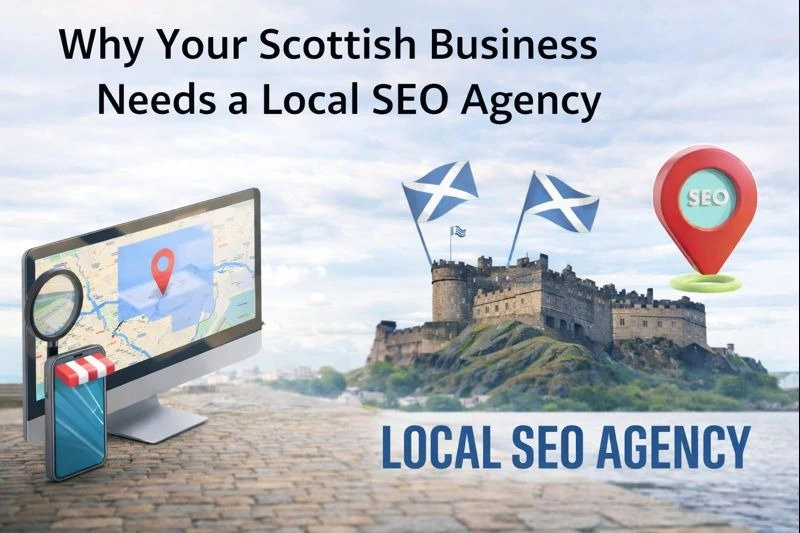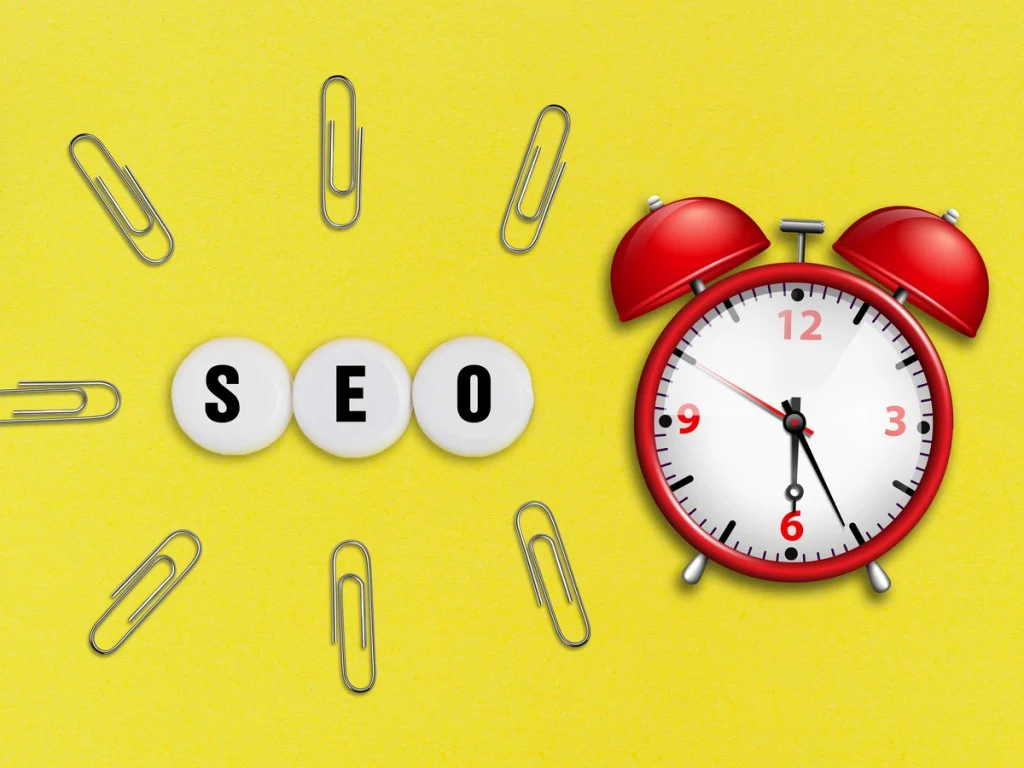When it comes to marketing services or business online, many of us feel confused about whether to use SEO or PPC. You can always seek assistance from a reputable SEO agency, but let us give you an overview of the terms.
Knowing how your target customers use the web, market conditions, and objectives is the key to determining whether paid search, organic search, or both is the most appropriate strategy.
This article approaches SEO vs. PPC, discussing terms, the pros and cons, which one’s better suited to your business, and whether the integrated method is more suitable.
What is SEO?
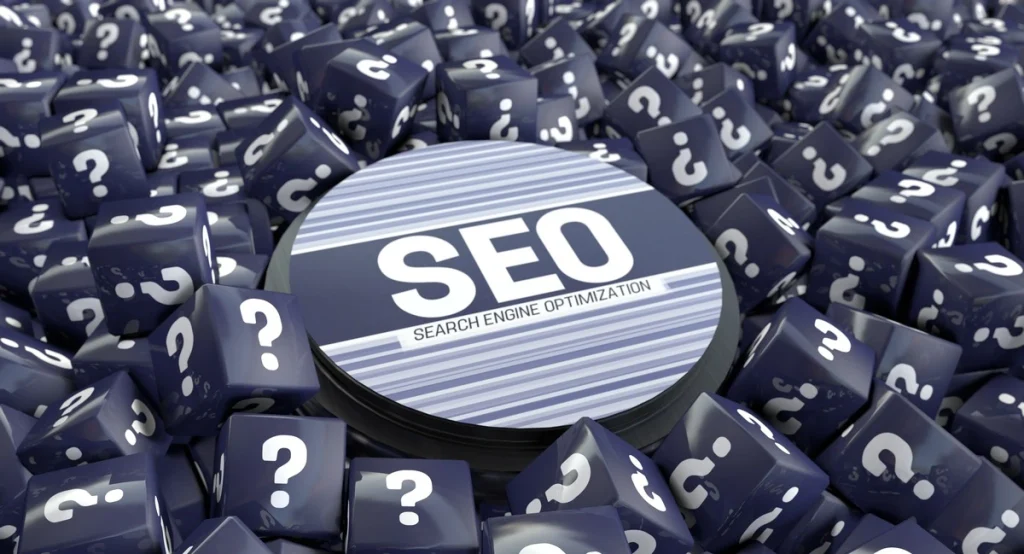
By using SEO practices, you can ensure that Google and other search engines understand your web page content and find it credible, which, ideally, could boost your rankings. Optimising our web pages to get them to rank higher is what we immediately think of when we hear about SEO. The main objective of SEO is to create a website that is properly explains what it is about and provides useful, relevant content for humans and Google search crawlers.
As Google’s algorithms change, so do the SEO strategies to follow, and they may also become more or less important over time.
SEO Pros
- Cost-Effective: It may not be a bargain, but it is cost-effective compared to other marketing methods. You will be able to rank without any investment as long as you apply good SEO practices and provide quality content.
- Good ROI: Compared to PPC, SEO offers a much higher ROI because it is free. The top organic results of a keyword can bring over 25% of organic searches, while paid ads get only about 2-3%.
- Long-lasting result: SEO may take time to show results, but the results you get can last for years.
- Improves brand trust: Many users skip ads and use search engines to find organic results, which builds trust and reputation for your brand, increasing CTR.
- Better CPC: Since SEO is free, organic SEO provides a better cost-per-click than paid ads.
SEO Cons
- It will take time for organic SEO to show results.
- In order for your website to get read, shared, and linked to, you need to present unique and reliable content. In addition, you should be viewed as an authority on the subject.
- It’s an ongoing process, and you’ll only benefit if you stick with it.
- There may be more to SEO than just keyword research and link building. It might also be necessary to know HTML, CSS, JS and PHP.
- With Google’s constantly evolving algorithms, your site may drop in ranking or even be removed from the index. This is especially true for black hat SEO.
What is PPC?
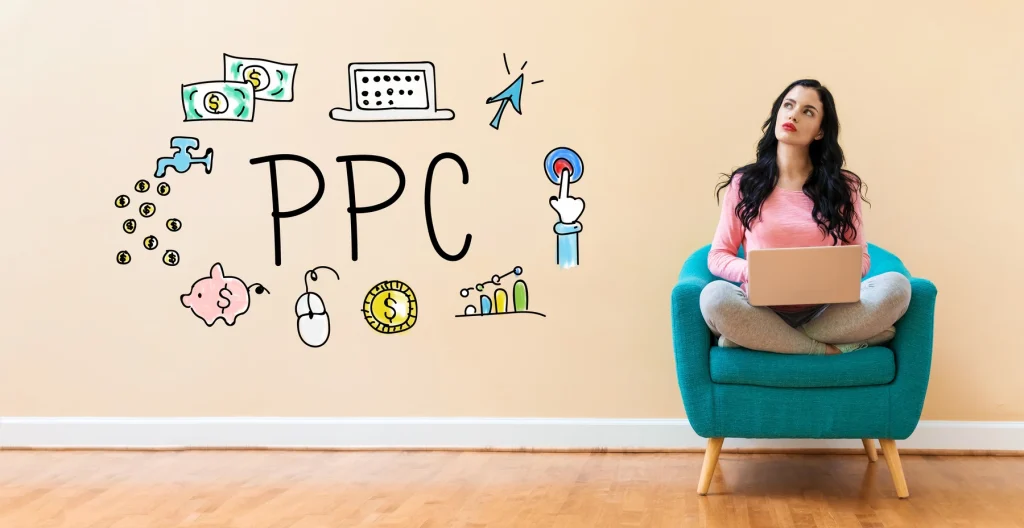
Pay-Per-Click ad campaigns or PPC are essentially an investment in driving traffic to your website. Click-through fees are paid by advertisers every time their ads are clicked.
You can quickly leverage search engine traffic by paying or bidding for keywords related to your products or services. You can also manage this with any experienced Pay-Per-Click Management company.
PPC Pros
- Enhances Visibility: Google places paid ads at the top of organic results, making them more visible.
- Targeted Marketing: PPC allows advertisers to target customers based on keywords, language, demographics, location, brands, devices and more.
- Increases page ranking: Regardless of whether or not we clicked on them, they appear on the SERPs at the top.
- Control over your marketing strategy: You decide the keywords, CTAs, pricing, and landing pages.
- Increases visibility and recall: By using a visual ad you can increase recall value and click-through rate.
- Fast and certain results: As soon as you launch a PPC campaign, you can see results almost immediately, such as clicks, traffic, and conversions.
PPC Cons
- If you stop spending money on paid ads, the traffic, the clicks and the conversions stop.
- Generally, people do not trust paid advertisements and are sceptical about them.
- You may not see the return on investment (ROI) that you expected since you will have to spend more money to earn more income.
- Paid search is tied to the budget, so you must spend more to get more sales.
- You may lack strong brand awareness.
- You will have less control over content. Respecting rules, you may have to restrict your content idea on title, description and content and even on some words as well.
- You may not have full control over incorporating your idea into the title, description, and content and may even have restrictions on words respecting the rules for advertisements.
SEO vs PPC - which Should I Choose for My Business?
PPC vs Organic SEO is really just two different strategies aiming for the same goal. Your business’s growth plans, marketing strategies, and goals should heavily influence whether or not you choose SEO or PPC.
Paid search is the way to go if you want to see immediate clicks, conversions, and targeted marketing.
Furthermore, if you are aiming to achieve long-term objectives like improving brand credibility, exposure, and scalability, organic SEO should be on your list of priorities.
Nevertheless, rather than running these two strategies parallel, experts recommend combining them to benefit your business.
Combining SEO and PPC
- You will reap significant benefits from merging your SEO and PPC teams and developing a combined strategy.
- While SEO helps achieve long-term marketing goals, PPC earns you immediate short-term goals.
- Take your PPC keyword data and feed it into your organic SEO.
- Paying for high-performing keywords and optimising your organic content for them will increase your chances of appearing at the top of SERPs.
- By combining PPC with SEO, you can remarket your products and services to people who have been to your website but did not make an actual purchase.
The Key Takeaway
Hopefully, you have a firm grasp of SEO vs. PPC, and you know which to use or whether to go for an integrated approach.
Search Engine Marketing (SEM) incorporates both SEO and PPC, so you can either choose to advertise your brand on Google organically or by paying. Both strategies have their advantages and drawbacks.
While SEO increases the authority and value of a website, PPC ensures instant results within a short timeframe, even if the website was not optimised for SEO. Integrating both strategies delivers a fantastic result.
It can be overwhelming for you, but Anika Digital can help plan out the best approach for your business based on your business’s needs and ideas.
